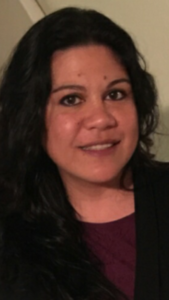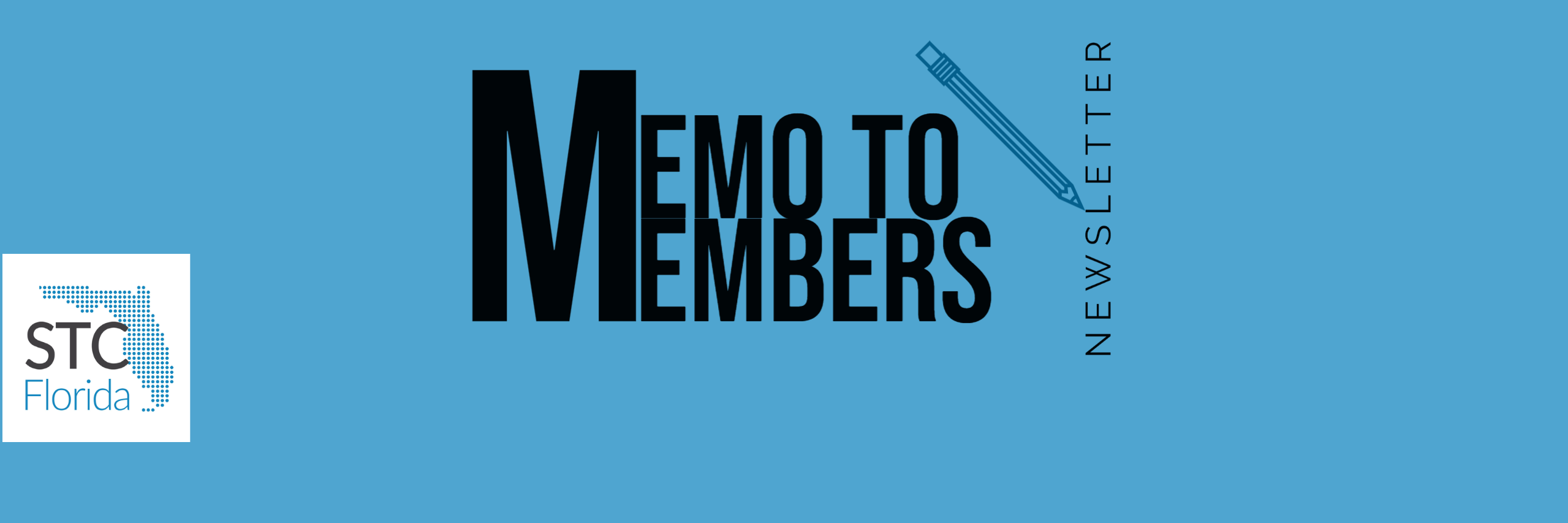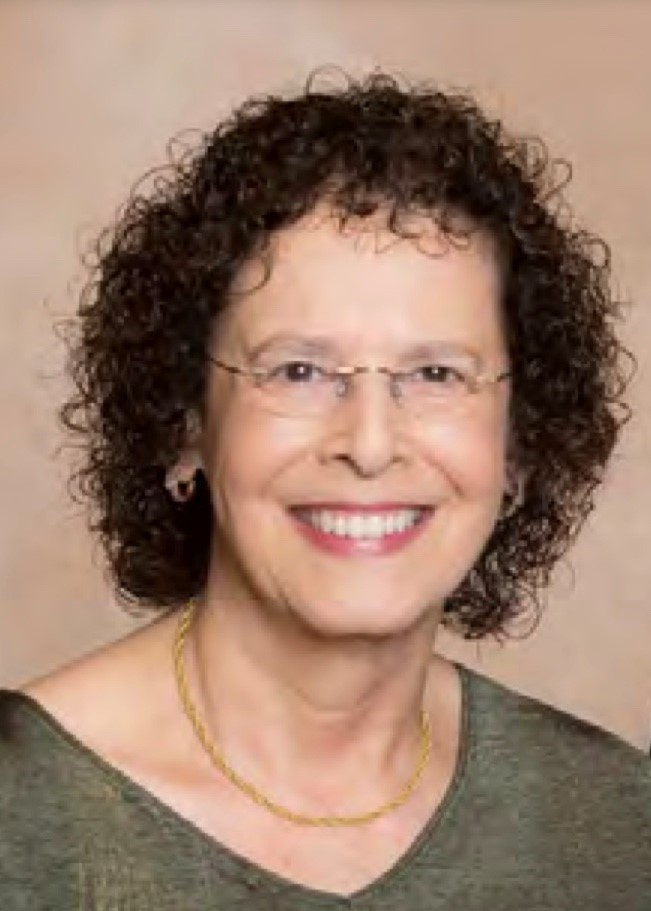
Part 2 of a 4-Part Series
FTC/STC Student Mentoring Program Wraps Up Exciting Year
And Lays Plans for Expanded Virtual Connectivity Next Year

By: Misty Arner
Co-Manager, STC-FTC Student Mentoring Program
Student Member, STC Florida Chapter
Introduction
As promised in our May edition of Memo to Members, I have another success story from our STC-FTC student mentorship program. As we wrap up the STC 2017-2018 chapter year, STC Fellow and chapter director-at-large Karen Lane and her mentee Tisa Newcombe tell their insightful success story of the program in my interview for this edition of MtM.
Their story shows that you do not have to be a student on campus to benefit from the mentee/mentor program. Those of you who are online students can reap the benefits of this program as well. Tisa Newcombe, who takes exclusively online classes at UCF and has benefited tremendously from her mentor, Karen Lane.
The STC-FTC student mentorship program has always helped with professional development and career advancement. With today’s complex and evolving workplace, Tisa’s and Karen’s situation is one of the reasons that has sparked the ideation of innovative plans to expand virtual connectivity in next year’s mentoring program. As you will read in the interview below, they overcame a considerable geographic challenge to forge a productive and mutually beneficial mentoring partnership that combined periodic face-to-face meetings at a central location and frequent virtual communication (largely by email) on their mentoring projects. In so doing, they are helping to blaze a new trail as the STC Florida Chapter begins to extend our student mentoring program statewide in the coming years.
I hope this article encourages both tech comm students and professional technical communicators to become active members in the Florida Chapter of the Society for Technical Communication (STC) as well as encourage UCF tech comm students (both undergraduate and graduate) to join Future Technical Communicators (FTC) and to participate as mentees in the STC-FTC student mentorship program.
Part 2: Chat with Mentor Karen Lane and Mentee Tisa Newcombe


Mentor Karen Lane and mentee Tisa Newcombe were both key players as the STC Florida Chapter hosted last month’s STC Summit in Orlando.
What do you believe was the single most beneficial aspect of your mentoring partnership?
Tisa: Karen has been extremely encouraging. She has pushed me to be more active in the STC and provided me with great ways to do so.
Karen: Mentoring is always an educational experience for mentors, because it gives us an insight into issues that face newer (and not-quite-yet) practitioners. We tend to look at the profession of technical communication through the lens of our own experience, but interacting professionally with students and recent students can give us an awareness of the challenges mentees face when preparing for a career. It is especially true that technical communication, encompassing so many different types of work and approaches, requires students to both generalize in theory and specialize in practice.
Does any particular activity or project in your mentoring partnership stand out as the most successful? Explain.
Tisa: Writing the article for intercom. It was a great experience and gave me my first opportunity to be published.
Karen: Not really, no. What stands out for me is Tisa’s eagerness to derive the maximum benefit from our relationship. She is open to suggestions for projects and practices, and she is very clear-headed about where she is going.
What is the most important thing you believe a mentee/mentor can do to derive maximum benefit from a mentoring partnership?
Tisa: Communication. Being able to communicate and ask for opportunities. I think it is easy to think your mentor will be too busy to help with little projects, so you don’t ask.
Karen: Get involved with your mentee and be proactive about looking for projects to which both partners can contribute. Also, listen to what the mentee says he or she hopes to gain from the pairing. This information will guide the forward progress of the team.
Did you face any challenges in ensuring a successful mentoring partnership? If so, what were they, and how did you overcome them?
Tisa: Distance was a challenge. We utilized tools such as Google Drive and email to help bridge the distance. Most of our communication is by email, but we try to meet in person about once every month or every other month at a central location.
Karen: We had the obvious challenge of geography right from the outset. Tisa and I live on opposite sides of the state, making in-person meetings more difficult. But she has been flexible about travel and so have I. That has helped a lot. We try to meet at a “halfway” spot when possible—Disney area seems to work pretty well. And we communicate via email for most of our information exchanges.
Another challenge was that we are both very busy, me with my work and she with her schoolwork and her job. This situation means that finding time to work together and meet from time to time has required a real commitment from us both.
Do you have any suggestions on how the mentoring program might be improved?
Tisa: I think the mentoring program has been great. I do not see any needs for improvements at this time.
Karen: I don’t necessarily think that geography should factor into the pairings of mentors and mentees, although that has been suggested as a future consideration. It’s far more important to have a good fit of goals and personality than to be handicapped by geographic distance. Today it is very easy to communicate virtually in real time if geographic co-location is not possible.
Tell me about the article you coauthored for intercom, “While You’re Here.” How did you divide up the research, writing, editing, and photo gathering for the project?
Karen/Tisa: We started by brainstorming what kind of article we wanted to write: first we collected several possible topics, then we discussed them and decided which was the most appealing and feasible for us. Then we developed a spreadsheet to collect names of attractions, addresses, distance from the Summit hotel, and a few notes about salient features. We divided up the list to do further research on each, and then we discussed which to include and which to drop. Tisa did a first draft, and Karen edited it for language and also for content. Some of the suggested attractions and museums did not make the cut; others were expanded. Then both of us reviewed the result, selected some images for inclusion, and submitted the completed article.
Describe what you did in terms of job search and placement (resume, portfolio, interviewing, etc.).
Karen/Tisa: Tisa provided her résumé for Karen’s suggestions and modified accordingly. She is also developing an online portfolio, which Karen is in the process of reviewing. We haven’t had much discussion on interviewing, but Tisa is employed in the field, so she is not actively job seeking. Rather, she is planning ahead to graduate school after she finishes her bachelor’s degree this spring. At that point, Karen can be a sounding board for Tisa when she is on an active job hunt, assuming she wants to work while she is in graduate school. Her plan at the moment is to be a teaching assistant, which may not leave much time for regular employment. We will keep in touch as the situation evolves.
Whether you are a student who attends classes on campus or strictly online, consider joining FTC and STC and learning from seasoned professionals in your field of study by becoming a mentee in the STC-FTC student mentorship program.
If you are a professional practitioner in Florida, please consider joining the STC Florida Chapter. Better still, sign up for the flourishing STC-FTC student mentoring program as we enter our 16th year. You will find, as have Karen and Tisa and many other mentor/mentee pairs, that mentoring is very definitely a two-way street as well as a clear “win-win” situation.
Watch for Parts 3 and 4 of this series in the August and September editions of Memo to Members!

